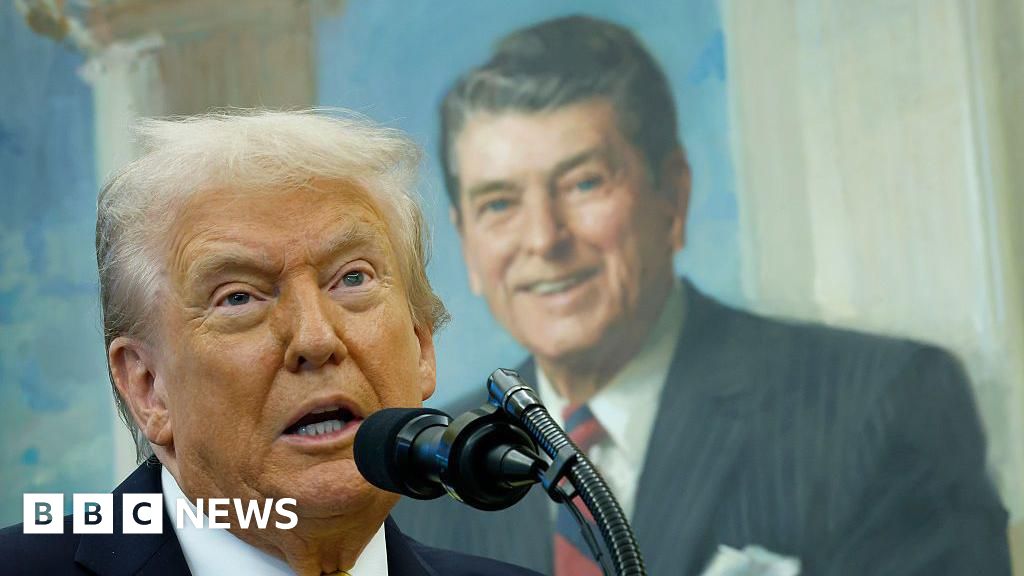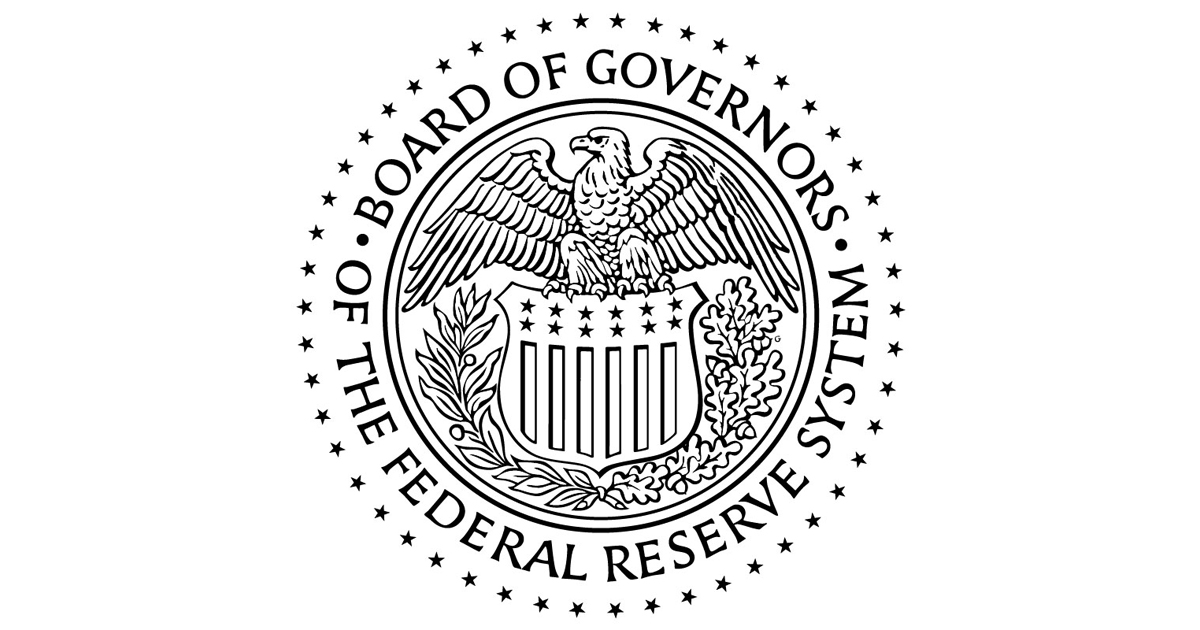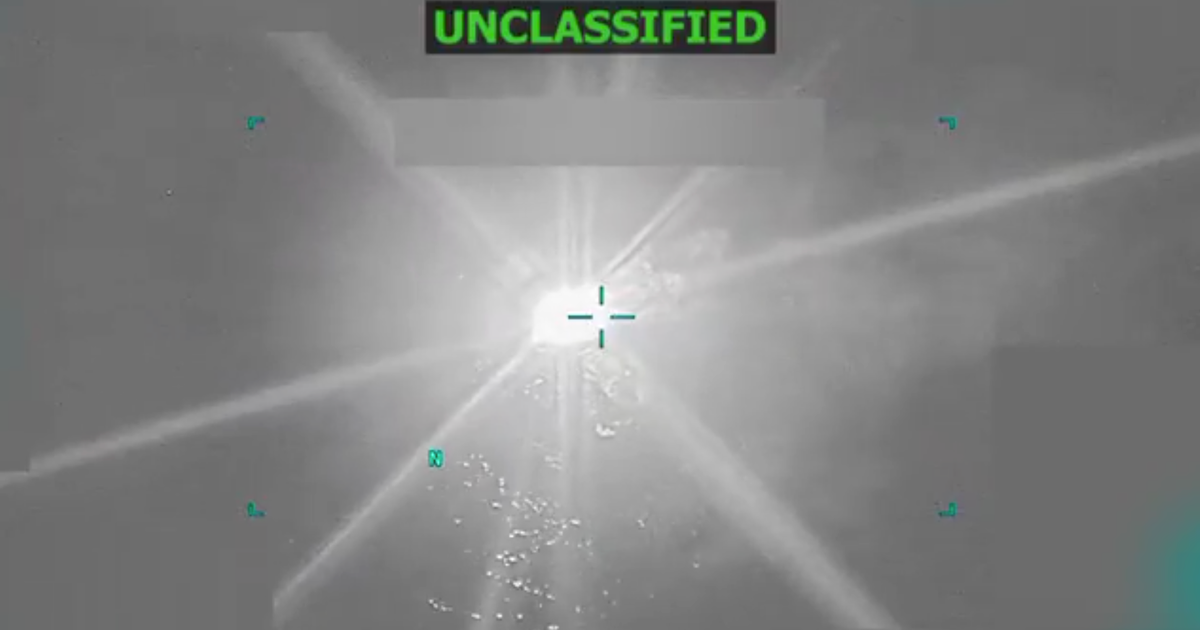In Donald Trump’s increasingly addled worldview, if he can imagine it, he has the authority to do it. “I have the right to do anything I want to do. I’m the president of the United States,” he told reporters this week in the Oval Office, justifying his decision to deploy armed National Guard units to Washington, D.C., and his threats to send forces to Chicago and beyond. “If I think our country is in danger — and it is in danger in these cities,” he said, “I can do it.”
Trump is using the military to beta-test an American police state. And he is going about it in a way that could stoke conflict between military units of Republican- and Democratic-governed states, says Ret. Maj. Gen. Paul Eaton, who spoke to reporters on a conference call, Tuesday. “That’s the scariest thing about what we’re watching right now.”
Trump signed a stark executive order this week directing the Pentagon to “immediately” create a special police unit inside the D.C. National Guard to enforce “public safety and order” in continued response to the “crime emergency” he’s declared in the nation’s capital. (Earlier this year, the federal government touted that violent crime in the district was at a three-decade low.)
But the executive order is not limited to the federal capital, where Trump wields broad powers. The order calls for building similar capacity in Guard units across the country, as well as the creation of a “standing National Guard quick reaction force” available for “rapid nationwide deployment.” Trump’s order anticipates Guard members “quelling civil disturbances and ensuring the public safety.”
Trump’s move to direct the might of the U.S. military internally is raising alarms among legal scholars. “There is no statutory authority to federalize the National Guard for the purpose of policing local crime,” says Liza Goitein, a national security expert at the Brennan Center, who highlighted for reporters the pernicious effects of Trump’s orders. “At minimum, using soldiers as a domestic police force creates a chilling effect” — in particular, she said, for people seeking to protest “the person who commands the soldiers.”
Trump’s order does more than marshal the military. It envisions civilians entering the fray to enforce the president’s notions of law and order. The executive order calls for the creation of an online portal where Americans with “law enforcement or other relevant backgrounds and experience” can apply to “join Federal law enforcement entities” to “support the policy goals” of the president.
The language of the order, first flagged by The New York Times, is ambiguous. Would these civilians join in a paid capacity? Or as “civilian volunteers,” as the Times described it, resembling a federal posse? A White House official would not clarify beyond telling Rolling Stone that the portal hopes to attract qualified applicants who support Trump’s initiative to “crackdown on crime” in D.C.
Trump’s order puts a task force chaired by top White House adviser Stephen Miller in charge of the recruiting effort. Trump’s most nakedly authoritarian lieutenant, Miller regularly demonizes anyone to the left of Trump’s MAGA movement. In an appearance on Fox News with Sean Hannity this week, Miller described Democrats in ways that would make a demagogue blush:
“The Democrat Party is not a political party, it is a domestic extremist organization,” Miller said. He peppered his diatribe with false claims that the Democratic Party does not “represent American citizens” and but is “devoted exclusively” to the “defense of hardened criminals, gang bangers and illegal-alien killers and terrorists.” Miller blasted Democratic mayors as “evil,” while falsely alleging they are “rejoicing in” subjecting residents to a “constant blood bath.” He called Trump’s militarization of the streets of the nation’s capital a “liberation,” declaring: “President Trump has literally set the people of Washington, D.C., free.”
Strident “enemy-within” bluster is not new from the Trump administration. But advancing the notion that Trump’s militarized police state ought to be turned against one of the two major political parties is harrowing — and a bright-red flag for anyone tasked with recruiting security forces.
The language of Trump’s EO itself is also troubling. It can read like a dog-whistle to the right’s own extremists. The ranks of the Oath Keepers, for example, are brimming with ex-military and law enforcement. As detailed in court proceedings, its leaders were waiting on an invitation from the president during the tumult of Jan. 6 to join a violent crackdown on Trump’s enemies in D.C. The militia group had infamously stationed its own, armed, “quick reaction force” across the river in Virginia. These convicts are now at large after Trump’s mass pardon spree.
Beyond this troubling recruiting, “the mission is the problem here,” Max Rose, a former Democratic congressman from Staten Island, New York, tells Rolling Stone. “The president’s intent is to scare the hell out of millions of people — principally his political opponents,” Rose says. “That’s why it’s being done in such a public, brazen manner.”
Rose, like Eaton and Goitein, was a panelist on the press call, which was organized by the Vet Voice Foundation, a group devoted to defending democratic values. Its CEO, Janessa Goldbeck, denounced Trump’s “steady march” to using the military as a “partisan tool,” calling the new executive order the “most dangerous step yet” by the president. “It’s a blueprint to use America’s military forces to police our own citizens,” she said.
Several panelists on the call highlighted the danger of Trump potentially shattering precedent by deploying National Guard units from one state into another — against the will of that state’s governor. “This norm has been treated as inviolable, because the alternative is blatantly unconstitutional,” said Goldbeck. “Put bluntly, the Constitution prevents states from invading other states.”
This invasion threat is no longer an abstraction. In a press conference this week, Democratic Gov. J.B. Pritzker of Illinois spoke directly to “my fellow governors” who might consider sending National Guard units “into my state against the wishes of its elected representatives and its people.” Pritzker spoke with a firmness that could be read as a veiled threat: “Any action … violating the sacred sovereignty of our state to cater to the ego of a dictator,” he said, “will be responded to.”
Retired Maj. Gen. Eaton is a Vet Voice adviser. Using military jargon, he raised the specter of a “blue-on-blue” conflict — a form of “fratricide,” as he described it — in which American military units “wind up shooting at each other” when they “both believe they’re doing the right thing, but their chain of command is flawed.”
Eaton imagined a dangerous scenario in which a state like South Carolina or Mississippi were to deploy Guard troops to California, only to be told by the governor: “You will not enter the state of California.”
“This can spin out of control if the governors feel that they are the last line of defense for the U.S. democracy,” Eaton says. And America’s current cold war between Republican and Democratic governed states could suddenly turn hot. “The last time America had a blue-on-blue,” he cautions, “was the Civil War.”
Source link


